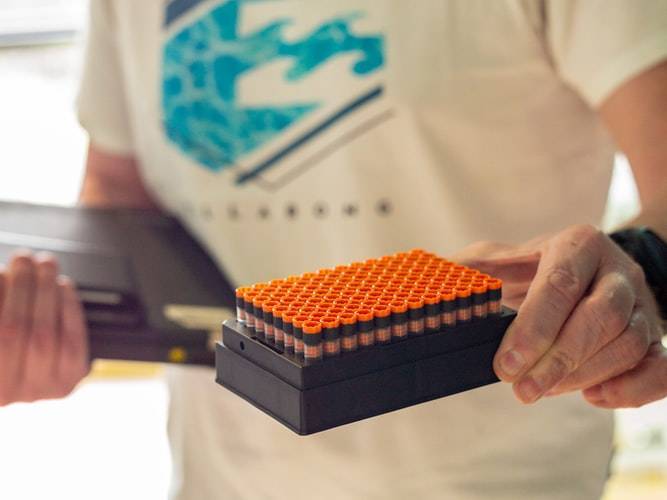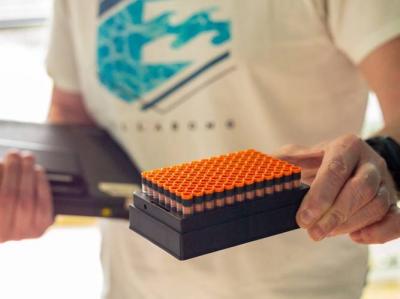The discovery of the vaccine has been a qualitative weapon in the ongoing war to eliminate the COVID-19 pandemic; without it, the situation would have been worse. However, the vaccination campaign worldwide has seen significant disparities between wealthy countries and those with developing economies. According to a study conducted by the Economist Intelligence Unit, by the end of August, 60% of the population in the wealthiest countries had received at least one dose of an approved COVID-19 vaccine, while the rate in poor countries does not exceed 1%.
Drugs manufactured from antibodies against the coronavirus are seen as a true ray of hope, as it has been claimed that they could prevent complications of the disease by about 85%. The REGN-COV2 drug, developed by Regeneron Pharmaceuticals and Roche, is being used as part of a treatment protocol in several Arab countries. It was the drug used to treat former U.S. President Donald Trump when he contracted the virus. This drug consists of a mixture of two monoclonal antibodies. A phase three study published on April 12, 2021, showed that patients with symptoms recovered faster, with a significant reduction in their viral load.
Another promising drug called Bamlanivimab works similarly to REGN-COV2, but it binds directly to the spike protein of the coronavirus. Its developers advise its use in critical and moderate-risk cases of COVID-19 patients. Although it received emergency authorization in the United States, the German Medical Association does not recommend its use due to the serious side effects it may cause, such as kidney failure, according to DW. There is one exception: patients who have one risk factor may be given monoclonal antibodies specific to SARS-CoV-2 as long as they do not show any respiratory symptoms. The reason for this is that obtaining antibodies early increases the chances of stopping severe symptoms. Thus, the likelihood of experiencing side effects from the drug among these patients is usually lower than the risk of contracting a viral infection.
Ineffective Drugs
In the medical guidelines established by the German Medical Association, there is a list of drugs that were considered a ray of hope against COVID-19 at the beginning of the pandemic, but clinical results were disappointing. This list includes traditional drugs such as the antibiotic Azithromycin, which is commonly used for bacterial pneumonia, and the antiparasitic drug Ivermectin. The latter was restricted by the World Health Organization in March to clinical trials only.
Furthermore, German doctors do not recommend Vitamin D3, which is often promoted for treating COVID-19 in hospitals. There is also no recommendation for the antiviral inhibitors Ritonavir and Lopinavir, regardless of whether they are administered alone or in combination with an antiviral for HIV. The antiviral drug Chloroquine/Hydroxychloroquine and the anti-inflammatory agent Anakinra have also failed. Meanwhile, the immunosuppressant Baricitinib, in combination with the antiviral Remdesivir, has shown that severely ill patients recover faster. However, treatment with these last two drugs did not succeed in reducing mortality rates, leading German experts to exclude it from the treatment protocol.




